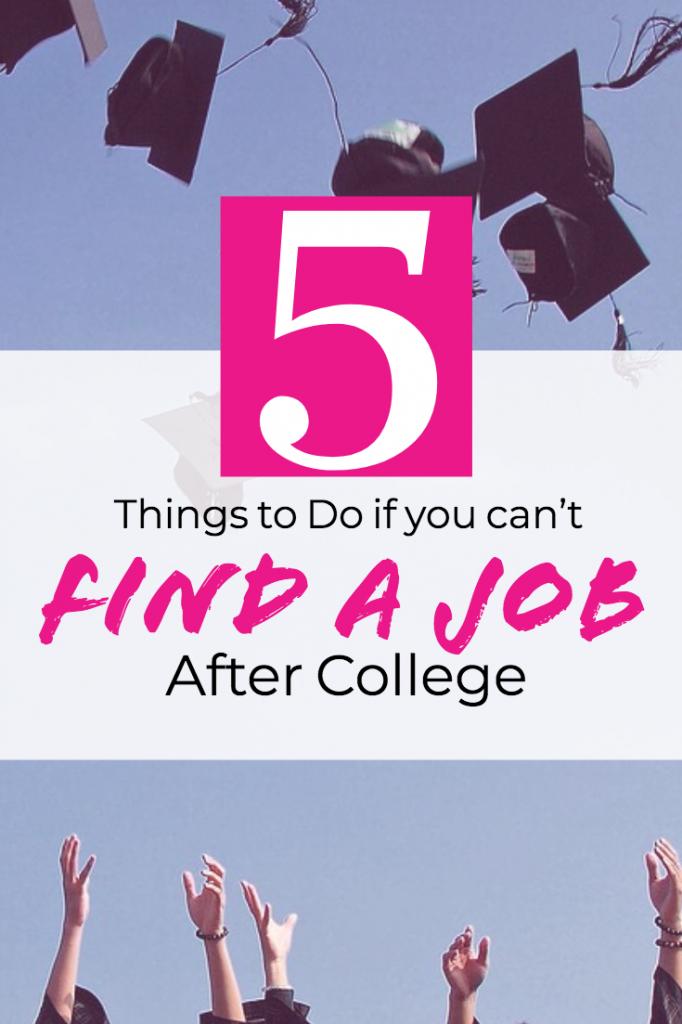
For a long time, many people have assumed that going to school is virtually the only way to really get ahead with your career. You’ll end up with some kind of qualification, you’ll have better job prospects, and you’ll also have some contacts to help you get a foot into your industry of choice. At least, that’s what we hope to achieve from studying in a formal educational institute.
The reality is that unless you’re aiming for a certain type of degree or qualification, formal education might not be the best option. Thanks to the internet, there are many opportunities to help you get started or even grow your career without having to rely on obtaining a qualification or a degree. In fact, we’d argue that for certain career paths, going solo or starting a business is one of the better ways to settle into your industry of choice. So to help you out, we’ve put together a list of the advantages and disadvantages of going to school to bolster your career.
Advantage: Clearer Career Options
One of the biggest advantages of studying for a degree or qualification in school is that you have very clear career options. For instance, if you want to study law then you go to law school. If you want to become a doctor, you go to medical school. These options are clearly defined which makes it easy for you to pick the right course. If you do need help, then advisors are available to help guide you to the career choice that you want to pursue. This makes it very simple to start learning about a specific career, job, or industry and you can instantly make use of that knowledge you gain.
Disadvantage: The Cost Commitment
It’s no surprise that going to school is expensive. Between the tuition fees to maintenance costs like purchasing books and equipment, there are many costs to consider. At the end of it, you’re going to be facing a huge student loan debt that you’ll need to eventually pay off. In fact, there are many people who have left university with a degree that hasn’t helped them get a job and mounting debts that they’re struggling to pay off. It can be extremely overwhelming and daunting to even cope and live with this kind of debt. This why we’d advise against a formal education if you don’t feel comfortable borrowing a large sum of money.
Advantage: Structured and Organized Learning
Another advantage of going to a formal educational institute, such as a university, is being able to follow a clearly-defined learning structure. From researching different topics to presenting your findings and learnings, there’s a very clear path through each module and topic. At the end of it, you’ll have learned all there is to know about those specific subjects. This structured learning is very easy to follow. Since you’re given guidance at every stage, it’ll help you grasp a topic much more easily. You’ll always have someone available to help you should you need it. There are also plenty of resources to learn from on the internet, such as this helpful article on surviving medical school. There are study communities dedicated to helping students who are having trouble with their career choices. There are plenty of ways to streamline the learning process and it can be a blessing to have a helping hand to guide you.
Related Posts
- From College to Career: Enhancing Your Job Prospects
- Don’t Let Peer Pressure Trash Your College Education or Career
- How to Use Your Degree in Your Career
- 4 Things to Do As Soon As You Graduate College
- 5 Things to Do if You Can’t Find a Job after College
Disadvantage: Locked Study Path
Although the topics you study are well-organized and structured, you won’t have much room to deviate outside of this study path. You’ll have to stick with it until you leave school. This means you might end up studying something that you don’t like, or you feel isn’t helping you achieve your goals. Then you’ll still need to stick with it and perhaps even write a paper or take a test involving it. This doesn’t happen often, especially if it’s a career choice such as computer science or medicine, but it can be the case. You might find yourself struggling to get through certain topics because you simply dislike them or feel that they don’t help with your career.
Advantage: Opportunity to Network
There are many unique opportunities to network and meet new people that can help you achieve your career goals. It could working part-time with employers as part of your educational course or becoming a resident at a hospital while studying for your medical degree. There are actually a lot of different ways to get your foot into the industry even while you’re studying. This can present you with fantastic job opportunities as soon as you complete your degree. They may not even care about your final result as long as you show talent, drive, and motivation.
Disadvantage: A Lack of Real Opportunity
Although you may have opportunities to network and find a job immediately after you finish your course, it can feel like you’re being pigeonholed into a certain job just because it’s available. The truth is, you might not enjoy working for that company. They might be abusing your abilities knowing that you’re a recent graduate busy looking for a job to help pay back student loans. As a result, you might feel like you’re actually not being presented with many opportunities despite having worked so hard to obtain your career in the first place.
So What Does It All Mean?
At the end of the day, studying at an educational institute for the sake of your career is never a bad idea. However, it does cost a lot of money and you might not realize your full potential. It’s a far safer option than teaching yourself and trying to develop your skills on your own. For certain career choices, it’s probably the only way to even get a chance to work in certain industries such as medicine and law.
Save to Pinterest








